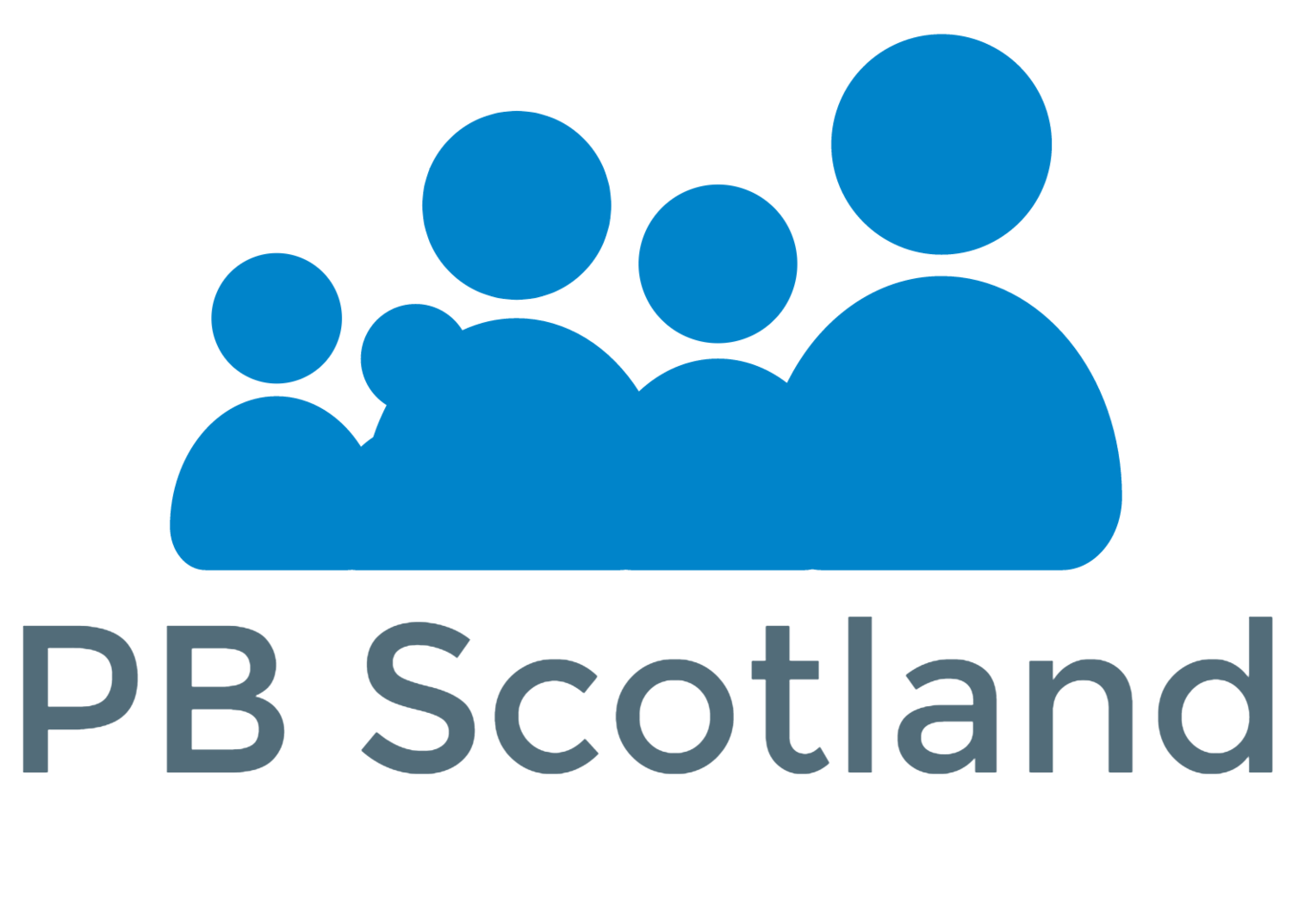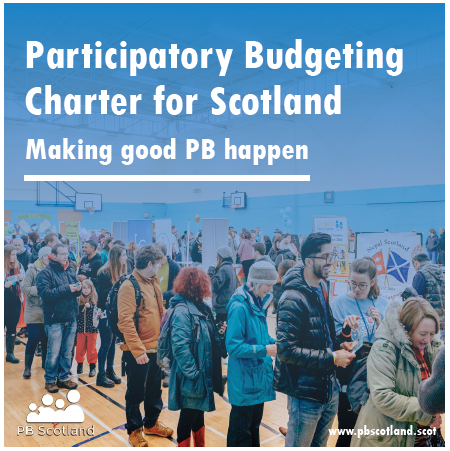Case study: PB addressing cost of living and climate in Perth and Kinross
/Perth and Kinross Council (PKC) have used small grants participatory budgeting (PB) to address issues around the cost of living and climate in their latest PB process.
PKC have a long history of PB going back to 2016/17 when they successfully used Community Choices funding to introduce PB to the local area.
This case study explores how they distributed more than £200,000 using small grants PB, as well as the learning they generated as they continue to build on this work.
Cost of living and the climate
This latest round that was open for applications in the autumn of 2023 had a budget of £222.5K, focusing on cost of living and the climate. With the overall theme being the impact of the cost of living, PKC were also keen that applicants considered the 5 priority themes – energy, transport, waste, resilience and engagement.
This pot was split across their 7 local areas – half of the fund being split equally to ensure coverage across the more rural areas of P&K and the other half split according to population to top up the fund available for communities to bid into. This arrangement meant the allocation for the Local Action Partnerships (LAP) varied from £50k in Perth City to £19k in Highland. Thought had been given to how to target inequality, realising that the SIMD figures don’t always reflect rural poverty, or where people experiencing poverty are in smaller, scattered pockets.
There was great interest in the funding, as always, with 53 proposals being submitted across the region, with 51 passing the initially scrutiny and going to the public vote. The scrutiny was undertaken by the LAPs and relevant technical support officers within the council.
Voting
Uptake across 6 of the 7 areas was very good with Perth City and the Eastern area having nearly double their budget in applications. Only one of the 7 areas, Strathtay, did not have enough applications to go to a vote for their process, so in discussion with the LAP and local elected members, there was a decision to award all projects that were submitted in that area.
PKC had explored a number of options for their voting platform – looking at CONSUL, Engagement HQ and SurveyMonkey, but decided that the option of using CONSUL, with the addition of 400 pre-set log-ins to support people who did not have a gov.scot account to access the platform. CONSUL also gave the option of using knapsack voting which PKC were keen to implement.
Voting went live over the month of February, with voters being supported to vote online with library and CLD service drop-in voting sessions for the less digitally agile and connected to still be able to have their say. A total of 2,050 voters participated using knapsack voting to help them understand the budgeting process, and to support a more thoughtful engagement where people were aware of the cost and the outcomes of the projects they were voting for so they could prioritise their votes accordingly.
The results
The successful projects were announced at a community event in Perth, where 70 people from over 40 of the groups who applied were in attendance. Understanding that it can be tough to hear you haven’t been successful, there was a network of local support organisations in attendance to offer guidance and suggestions to the unsuccessful groups, as well as a chance to network and learn about what other groups were doing.
With another successful PB process under their belts, PKC are already looking forward to the next round, with a budget earmarked for 2024/25, and a hope to continue their discussions on mainstream PB processes, making the most of the depth and breadth of community engagement that has been undertaken to support more participative ways of working going forward.
The team at PKC have taken a practical and pragmatic approach to delivering PB in a way that works locally, and have been creative solving problems that have arisen.
Next steps
Looking forward, the team are keen to continue to use PB as an approach, and wish to build on their current good practice, making the most of opportunities to engage with communities in creative and meaningful ways to ensure local priorities are at the heart of decisions.
The team also wish to learn from previous processes ensuring that there is more support for groups to apply, and that groups understand their responsibility to get their supporters excited and ready to participate in the voting process. The team also want to refine timelines around the scrutiny process, to ensure that the time between application and voting is quicker, and to explore which pots of funding can potentially be used for PB, as well as progressing the mainstream participatory budgeting commitment of 1% as agreed with COSLA.









